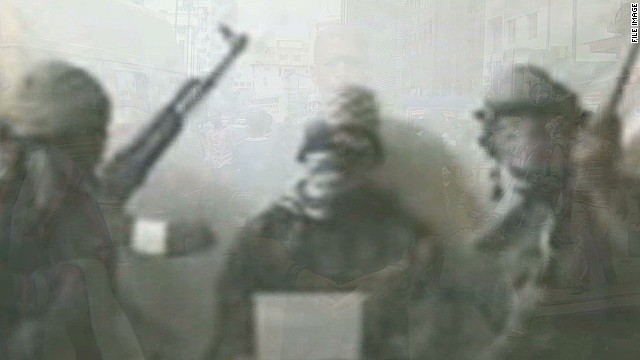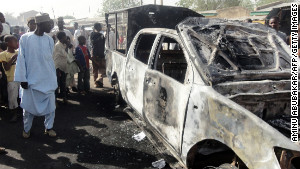South African troops headed to embattled Central African Republic
South African President Jacob Zuma on Sunday announced the deployment of 400 troops "to render support in fulfillment of an international obligation of the Republic of South Africa towards the CAR."
Despite fits and starts in the peace process, the insurgency in the Central African Republic remains an active and real threat to the government of President Francois Bozize. On Saturday, rebels attacked two more towns -- having already seized several others, as well as threatening to head to the capital of Bangui -- according to a government official.
Zuma's directive does not indicate South African troops will fight rebels directly. Rather, the statement says they "will assist with capacity building of the CAR Defense Force and will also assist CAR with the planning and implementation of the disarmament, demobilization and reintegration processes.""The employment of members of (South Africa's military) to CAR is one of the efforts that South Africa is making to bring about peace and stability in the region," said the South African statement, which was released through government spokesman Mac Maharaj.
The crisis started in December, when the Seleka rebel coalition accused Bozize of reneging on a peace deal and demanded he step down. They seized towns in the northern part of the landlocked country and threatened to march on Bangui.
Bozize has called on the international community, including the United States and France, to help stave off the rebellion.
The foreign ministers from the Economic Community of Central African States will meet Tuesday in Gabon's capital, Libreville, to set an agency for peace talks, said Placide Ibouanga Ndinga, a spokesman for the group.
By Thursday, the talks were expected to include the Seleka, opposition party officials, private sector representatives, U.N. officials and Bozize, according to Ndinga.
Still, some in the Central African Republic questioned the utility of such talks, if they occur as rebels continue to wage attacks.
"How can there be peace if the rebels are looting, raping and abducting our civilians?" said Jules Gauthier Ngbapo, a spokesman for Josue Binoua, minister of decentralization and territorial administration.
Ngbapo said that around 1 a.m. Saturday, rebels attacked the towns of Alindao and Kouango, which lie between Bangui and Bambari, a town it already had seized.
The rebels yelled to civilians, asking them to come out and promising that they'd protect them, the spokesman said. He accused the opposition fighters of "shooting randomly, destroying properties and ... raping civilians."
"Civilians are afraid, and most of them have fled the town and are now hiding in the forests," he added. "But the rebels are still patrolling the towns, waiting for the innocent people to come out."
CNN was unable to confirm the government claims about the occupation of the towns.
As the government scrambles to put down the rebellion, alarm is growing as children are separated from their relatives.
"Reliable sources have informed us that children are newly being recruited among their ranks. These reports are of serious concern," said Souleymane Diabate, the U.N. children agency's representative in the nation.
Armed groups are forcing people younger than 18 to fight, carry supplies and serve as sex slaves, the agency said last Friday.
Before the conflict started last month, 2,500 children were linked to various armed groups. That number is expected to rise as the recent conflict continues, officials said.
About 300,000 children have been affected by the rebellion, including family separation, sexual violence, displacement and lack of access to education and health facilities.
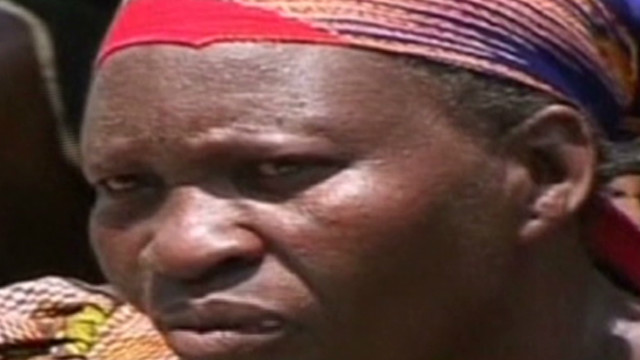




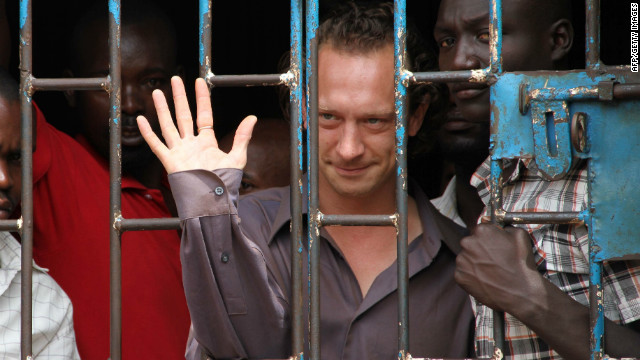
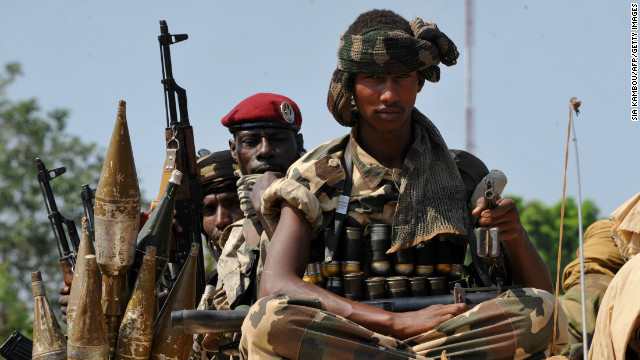 (CNN) -- International diplomats are meeting Thursday in Gabon for talks aimed at resolving a brewing crisis in the Central African Republic, where rebels are threatening the capital.
(CNN) -- International diplomats are meeting Thursday in Gabon for talks aimed at resolving a brewing crisis in the Central African Republic, where rebels are threatening the capital.
